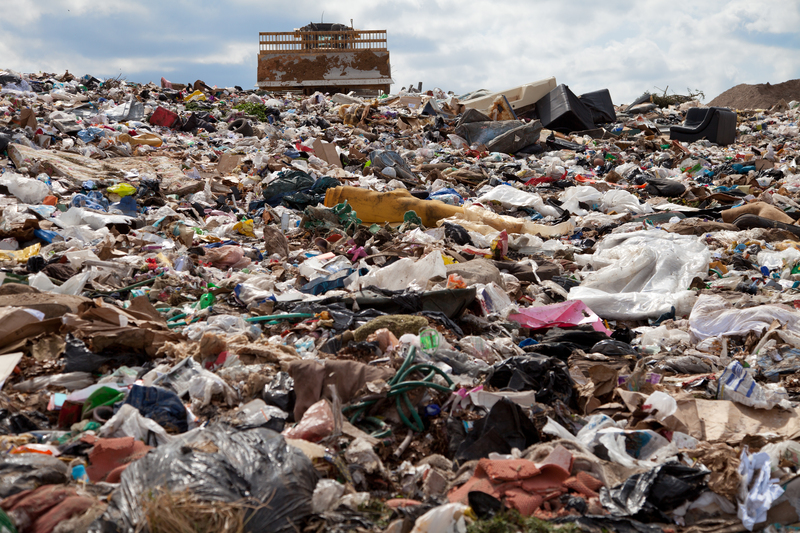What Steps to Take If Your Trash Bin is Full
Living in a modern society often means dealing with a significant amount of waste. This can sometimes result in our trash bins becoming full quicker than anticipated. Whether it's due to a special event, poor planning, or just an exceptionally busy week, knowing what to do when your rubbish bin is overflowing is vital for maintaining hygiene and convenience in your home. This comprehensive guide will help you manage the situation effectively and sustainably.
Understanding the Problem
Before jumping into solutions, it's important to understand why your trash bin might be overflowing. Some common causes include:
- Increased consumption: Events like parties or holiday seasons can cause a sudden increase in waste.
- Inadequate bin size: Sometimes, the problem is simply that your bin is too small for your household's needs.
- Infrequent collection: Collection schedules may not align with your timely disposal needs.
Immediate Steps to Take
If you find yourself with an overflowing trash bin, don't panic! Here are immediate steps you can apply:
1. Minimize Waste Generation
The first step is to reduce the amount of future waste:
- Buy products with minimal packaging.
- Consider reusable items instead of disposables.
- Practice proper food storage and management to lessen food waste.
2. Sort and Separate Recyclable Materials
Many materials in your trash bin may be recyclable:
- Separate paper, plastic, and metal from general waste.
- Find local recycling centers or collection services.
Recycling not only reduces the volume in your trash bin but also promotes environmental sustainability.
3. Compress Your Waste
If your rubbish bin is full, compressing waste can provide immediate relief. This includes:
- Flattening boxes and plastic containers.
- Consolidating items to utilize bin space effectively.
4. Utilize Additional Bins or Bags
Consider setting up extra bins or durable bags for when your main trash bin is at capacity. Label them accordingly to prevent confusion.

Long-Term Solutions
5. Analyze Your Waste Generation Habits
Conduct a waste audit to understand what type of waste is taking up the most space. For instance:
- Is it food packaging? Then switching to bulk buying might help.
- Are recyclable materials not being separated properly? Improve your at-home recycling process.
6. Upgrade Your Bin
If your current waste bin is consistently too small, it could be worth investing in a larger bin or an additional one. Consider:
- Bin types: Choose bins designed for optimal space usage and easy maneuverability.
- Smart bins: Modern options with automatic compressing capabilities.
7. Ensure Timely Collection
Having your waste picked up on time can solve many problems. If municipal collection schedules don't meet your needs:
- Check if your locality offers more frequent pickups within premium services.
- Consider hiring a private waste management service.
8. Implement Composting Practices
Organic waste like food scraps can be diverted to a compost. This not only reduces the waste destined for landfills but also contributes to nutrient-rich soil for gardening.

Community Solutions
Collaborate with Neighbors
If you're part of a community or neighborhood:
- Organize group recycling programs.
- Share resources like compost bins or transport for waste-to-energy facilities.
Engage with Local Authorities
Advocate for better waste management policies:
- Participate in community forums tackling waste solutions.
- Encourage local government to invest in advanced waste-processing technologies.
Conclusion
Having a full trash bin can be a frustrating issue, but with these tips, you can manage overflow effectively. By adopting better waste management practices and engaging with your community, you'll not only keep your living environment clean but contribute positively to the environment. Stay proactive and resourceful, and make waste management a seamless part of your everyday life.